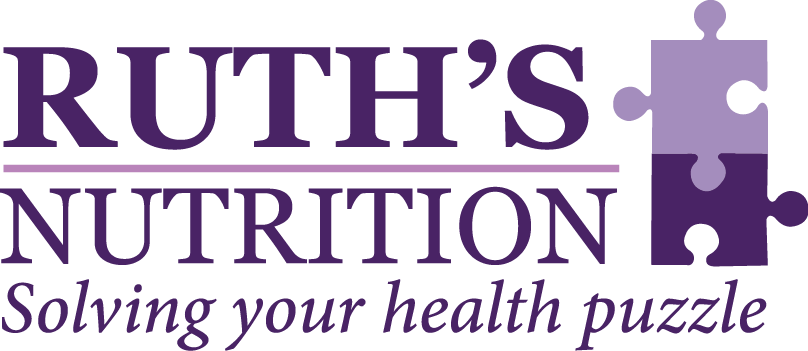A weight-loss plan that really works

It’s a new year, time for resolutions and the annual weight loss story. But this year we’re excited to talk about a weight-loss strategy that really works – intermittent fasting. Better yet, this practice offers a multitude of benefits.
What is intermittent fasting? Basically put, it’s narrowing the hours you’re allowed to eat. But don’t panic, it doesn’t have to be all that long. Studies show health benefits happen with as little as a 10-hour fast. So, say you have breakfast at 8 a.m., you’d stop eating by 6 p.m. and you’d be sleeping during most of your 10-hour fast.
What’s amazing is that a study of overweight people doing that exact schedule for three months found participants lost 3% body weight and 4% in abdominal visceral fat (the most dangerous kind). They lost 4-7% of their waist circumference. These people also had improved blood pressure and cholesterol numbers. Some participants reported better sleep, and many reported more energy.
If you do a quick check of the many Facebook groups of people who are practicing similar eating schedules, you’ll find countless overweight people who have lost dozens of pounds. Some practice narrower feeding windows – 8, 6, or even 4 hours – depending on how much weight they want to lose or if they have Type II diabetes. Most of them proclaim they have more energy and they love the lifestyle.
It’s easy to understand why. Here’s a quick list of benefits gained by intermittent fasting:
- It burns fat, not sugar. That leads to fat loss, especially belly fat.
- It lowers insulin, blood sugar, and improves insulin sensitivity. Studies show fasting insulin has been reduced by 20-31%, while fasting blood sugar was reduced by 3-6%. That’s a great benefit for weight loss and Type II diabetes. In fact, many report losing their diabetes diagnosis.
- It increases levels of human growth hormone. As we age, HGH tends to decrease, causing increased fat accumulation and loss of muscle mass. Increasing HGH can help subjects lose weight while minimizing muscle loss.
- It increases norepinephrine. This contributes to a boosted metabolism (by as much as 3.6-14%), weight loss, and increased energy.
- It improves cellular health. Fasting initiates a waste-removal process called autophagy. That helps the body clean house, removing dysfunctional or damaged cells while making room for healthy, new ones. People on the Facebook groups report wounds healing faster.
- It increases brain-derived neurotrophic factor (BDNF). This protein is important for learning, memory, and the generation of new nerves cells in the hippocampus. BDNF also makes neurons more resistant to stress.
- It can reduce inflammation in the body. Periodic fasting reprograms T-cell populations, tamping down autoimmunity while improving the body’s ability to respond to infections. It also decreases inflammatory cytokines.
Wow! That’s an impressive array of benefits just for limiting when you eat. For anyone who wants to start intermittent fasting, experts recommend starting with a larger feeding window, 12 to 10 hours, to make the transition easier. During the hours you are fasting, drink only water, sparkling water, black coffee or tea. Avoid any flavors or sweeteners, even stevia, as just tasting sweet even without ingesting calories can make your body produce insulin. The idea is to keep insulin production as low as possible during fasting. As you get used to regulating eating times, try narrowing your feeding window to 8 or 6 hours. Scientists say the greatest benefits happen after 18 hours of fasting (a 6-hour feeding window), but even with 10 hours of fasting (an 8-hour feeding window) benefits begin to occur.
Those who have a lot of weight to lose, often combine intermittent fasting with a low-carb or ketogenic diet when they eat. Benefits can be even bigger when they do.
Dr. Jason Fung, a kidney specialist who deals with many diabetic patients, is a huge advocate of intermittent fasting. He has many patients who have been able to get off their medications. That said, any diabetic considering intermittent fasting should consult a doctor first. The same holds true for pregnant women.
REFERENCES
Facebook group Delay, Don’t Deny




